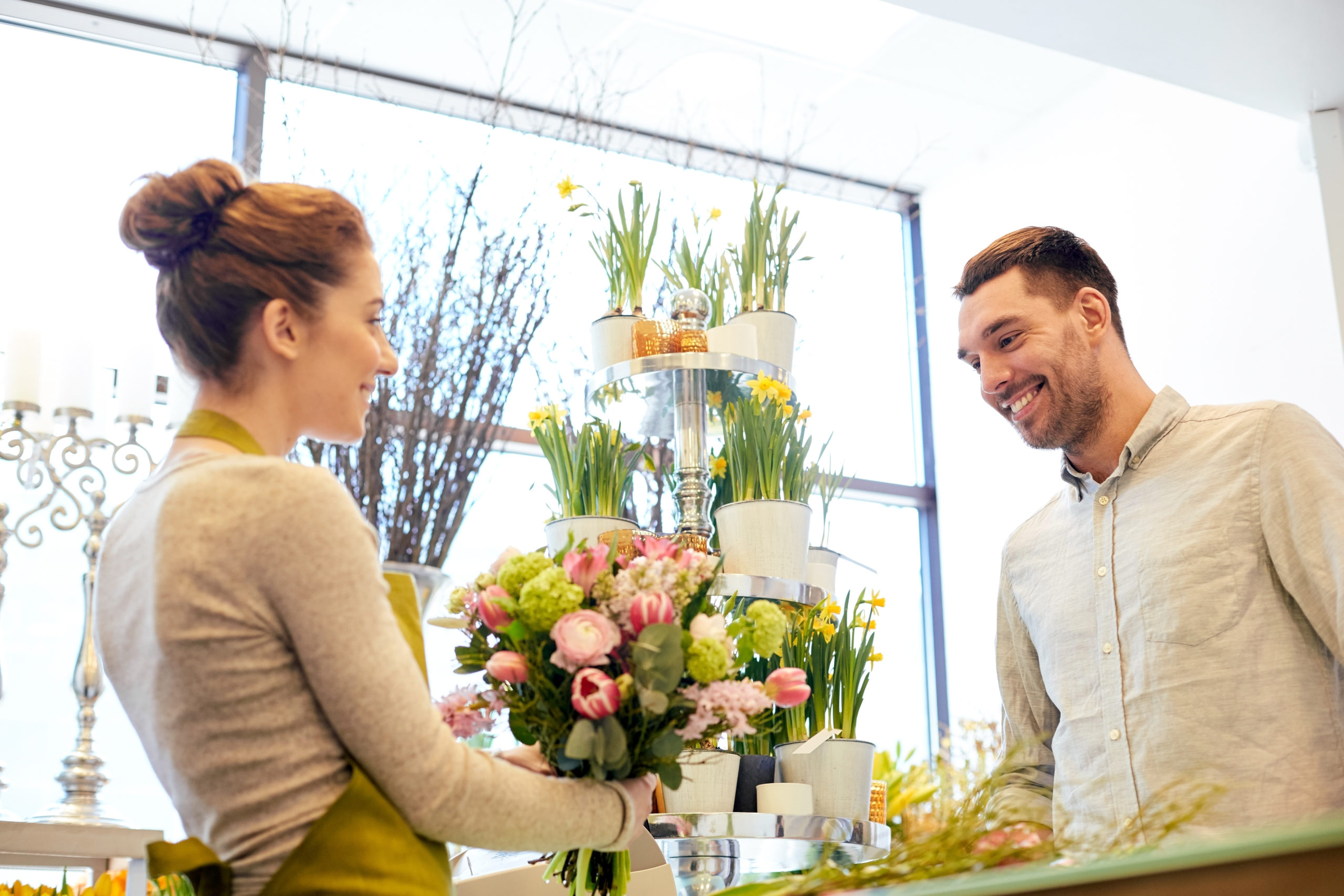Taking credit: Don’t pay for your credit report
We’ve all seen the ads encouraging us to find out our credit score or check our credit report, but how much do we really know about the process?
According to Choice, one in three Australians have no idea how credit reporting works and have never seen their credit report.
A credit report, also known as a credit file, helps financial institutions determine whether or not to lend money to an individual. A good credit history indicates that you are likely to pay your debts on time and in full. Poor credit history could make it difficult - even impossible - to get approval for loans, car leases, mortgages, or other forms of financing.
Renting rights: Lessons from real estate hell
The warning signs were there from the start.
Just before we took possession of our new rental, we were informed that the kitchen on the lower floor had been flooded. Not an event anyone could have foreseen. So we decided to move in after an agreement outside the lease was made to reflect the need for repairs.
At first, we were all working together to get the job done. But the real estate agent soon showed how bad life can get with a terrible property manager. In fact, as our experience showed, the property manager is far more important than the property.
Flower power: Avoid some thorny issues this Valentine’s Day
What's your plan for Valentine's Day? Romantic dinner? Tick. Chocolates? Tick. A beautiful bouquet of roses for your Valentine? A big cross!
Flowers are the most popular Valentine's Day gift in Australia. A study published last year found Aussies would spend more than $110 million on flowers for their loved ones - or the ones they’d like to love. And why not? They're pretty, smell good, and are generally cheaper than jewellery and healthier than chocolates.
But while they look blooming lovely, there’s an ugly side to the flower industry. Behind the fragrant scent of roses in full bloom are toxic chemical fumes designed to keep flowers fresh and pretty, specifically the imported ones.
Curious about cryptocurrency? Do your homework
More than four million Australians, or almost 20 percent of the total population, own a crypto asset. And the number is rising every day. You may have read about people like Regan Gallagher, who got into the crypto game early and did very well indeed.
On the flipside, there are those who have lost everything to cryptocurrency scams. In August last year, the Australian Competition and Consumer Watchdog reported Australians lost more than $70 million and predicted that amount to double within six months.
So what exactly is cryptocurrency? Is it the currency of the future or just another way to make, or lose, money? We take a closer look.




